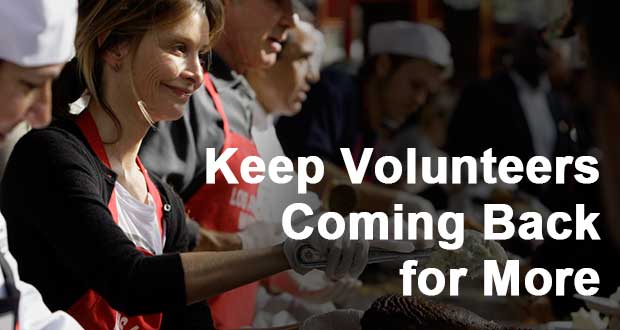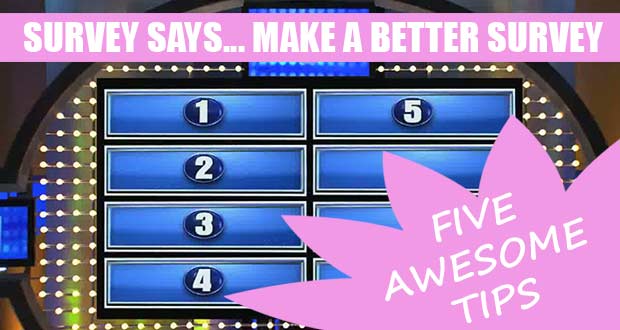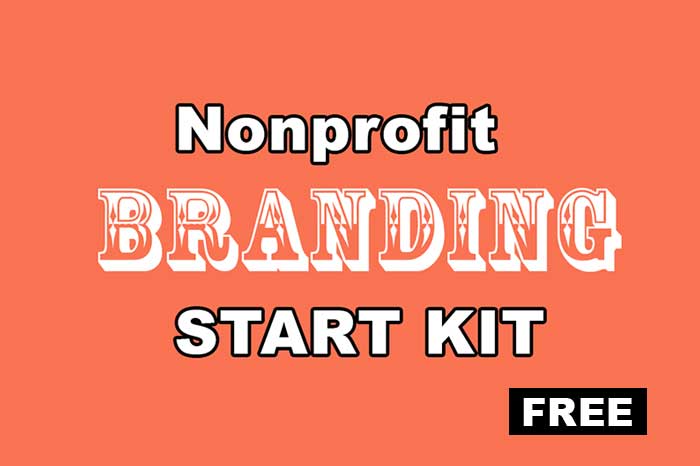We all have our reasons why we work for a nonprofit. Typically it has something to do with making a positive impact in the world and making a difference in the lifes of others. It is a passion to help those in need; this could be pets, people who are homeless, people with disabilities, the elderly, rape victims, victims of domestic violence, etc.
But have you ever noticed yourself feeling physically or emotionally drained? This can happen when our compassion to serve others starts to shift more toward empathy or sympathy.
So, what’s the difference between compassion, empathy and sympathy? How do you draw the line between serving others and risking emotional involvement that may potentially drain you of your energy? Let’s take a quick look at these three.
Sympathy – Emotion without Connection
Sympathy simply means understanding someone’s feelings without experiencing their emotions. In this case, you understand that someone is going through a difficult situation but don’t connect or resonate with their feelings. This disconnect can lead to an incongruent emotional response to their needs. What you are likely feeling at this point is some form of pity.
The problem with pity is that it is short lived. In most cases you feel sad for someone because what they are going through seems distasteful – not because you understand what the person is experiencing. As such, you are likely to offer irrelevant solutions to the people you serve because you are disconnected from the emotional impacts they are experiencing.
Empathy – Emotional Mirroring
When you start sharing in the emotion experiences of someone who is suffering then you are being empathetic. This emotional mirroring is a natural human response to suffering. It doesn’t necessarily mean you want to do something to relieve the persons suffering; you just “feel their pain”. You are being empathetic.
If you are running a service oriented nonprofit, then you cannot rely on empathy to fuel your desire to make a difference in the lives of the people you serve. In a state of empathy, you cannot take effective action because the process of mirroring the suffering of other people is in itself draining.
Empathy is a recipe for “burn out”. Any actions you do at this emotional state will be driven by fear, loss, hate, anguish, or whatever negative feeling may be associated with experiencing someone else’s suffering.
You cannot afford to be in this state when you are trying to help. You have to detach from the feelings that someone is going through. This doesn’t mean blocking your emphatic feelings. Just do your best to be unattached and objective. This is where compassion comes in.
Compassion – Objective Emotional Involvement
When you are compassionate, you feel what others are feeling but you are not attached to those feelings. When you are not attached to another’s suffering you can then objectively help them find solutions to their problems. Compassion is very much like empathy but without “becoming” the emotional state of those you serve. You feel their emotions, but you do not become them. It is empathy without the emotional attachment.
Another way to phrase this is – you don’t “feel” compassionate, you “act” compassionate. You help without attaching to another’s emotional state. This way your desire to help is less likely to rob you of your energy and more likely to make meaningful change for the person you are helping.
Here is a quick review:
- Sympathy – feeling an emotion that is not relevant to the person you are serving. Most commonly pity or sorrow.
- Empathy – experiencing the emotions of someone else. Becoming an emotional mirror. Any action taken from the state will likely be draining and unproductive.
- Compassion – understanding the emotional state of those your serve without attaching to that emotion.
Cultivate your Compassion
Compassion should not be emotionally draining. You should derive satisfaction from your act of compassion and look forward to making a difference in a person’s life.
If you have gotten to the point of dreading the next time you will help someone, you are likely not being compassionate and could be close to burning out. Here are some tips to help you remain compassionate.
Set clear boundaries: This will help ensure you don’t “become” other people’s emotions. It can also help you to say a “no” without feeling guilty. If you find yourself “bending the rules” to help someone then you have weak boundries. It is important to follow your nonprofits policies and procedures to ensure that you remain within the boundaries of what your organization can do.
Empower who you help: If you are constantly solving the problems for the people you serve then you may just be enabling them to remain helpless. Help people find the solutions they need and then give them a plan of action so they can solve their own problems. Empower them to take action.
Learn to step away: Whether you just step out of the office for a short walk or take an extra long weekend, it is important to take time away from your work. Everyone needs to regroup and disconnect emotionally from time to time. This will help you keep your objectivity so you can continue to act compassionately.
It’s all about Love
Hearing or seeing the suffering of others can leave you feeling helpless and emotionally drained. When you act to help others you should act without pity or sympathy. Detach from their emotions and act from a state of love. This is what acting compassionately is about.












